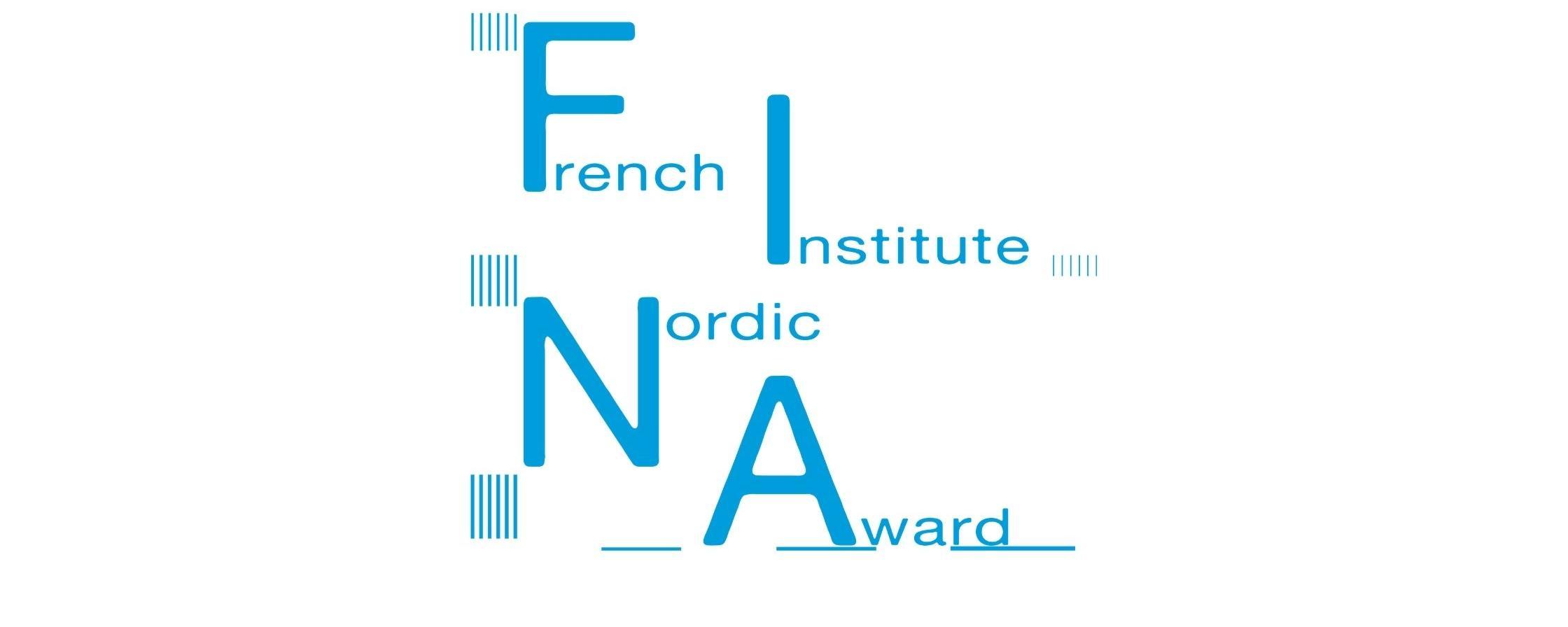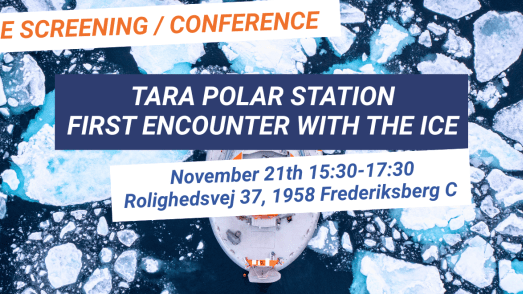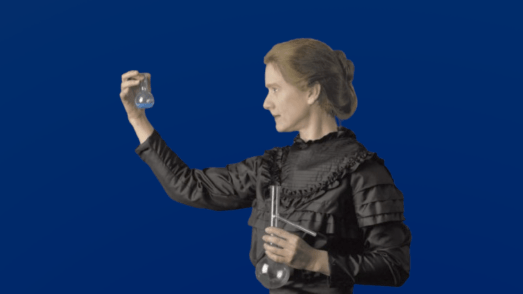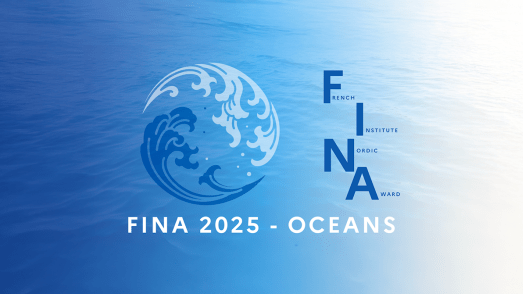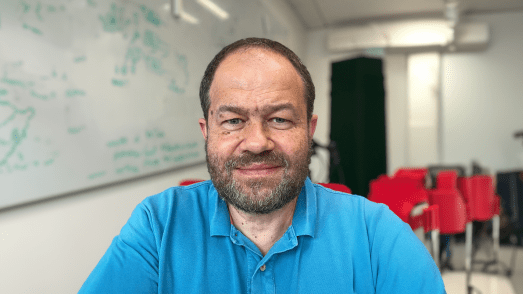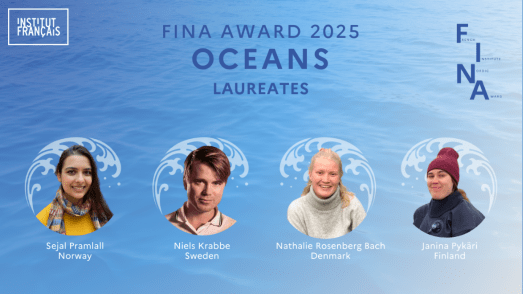De fire vindere af FINA Prisen
Fire franske instituter i Norden (Danmark, Sverige, Norge og Finland) har i 2020 lanceret prisen French Institute Nordic Award (FINA). Denne pris har til hensigt at promovere kulturelt og videnskabeligt samarbejde mellem Frankrig og de nordiske lande, samt at belønne bemærkelsesværdige realisationer på dette område.
Fire vindere er blevet udvalgt og tager således til Marseille for at være til stede under IUCN World Conservation Congress og deltage i Nature Generation Areas, hvor de vil præsentere deres forskning og interagere med publikum og andre forsknings institutioner. Der vil blive afholdt et webinar d. 14. januar 2021, som er åbent for alle, hvor vores fire vindere vil præsentere deres forskningsarbejde (yderligere information på vej).
Den første udgave af FINA i 2020 fokuserede på ungdom og grøn innovation. Nedenfor kan du læse om de fire vindere :
Helena Tukiainen – Finland
Research centre: Geography Research Unit, University of Oulu
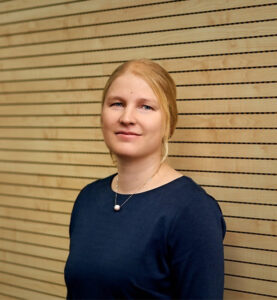
I am a geographer from the University of Oulu, Finland. My research focuses on the dynamics of geodiversity and biodiversity, and especially to their mutual relationships. In the current iGeoBio project which I work in as a postdoctoral researcher, we are exploring new empirical evidence for this relationship on different spatial and temporal scales. One of my key motivations to study this topic is to find new advantages for nature conservation, especially for halting the biodiversity loss in changing climate. Geodiversity, or the abiotic diversity of the earth´s surface (including variation in rock, soil, hydrology, topography and geomorphology) has conservation value itself but also a great potential to be used as a coarse filter strategy for biodiversity conservation. The FINA award offers me an excellent opportunity to attend to the IUCN conference, where I would like to share our findings about geodiversity- biodiversity relationships and discuss how geodiversity information could be utilized and considered in nature conservation.
Annabel Mempel – Norway
Research centre: Center for Development and the Environment (SUM), University of Oslo

Through my studies at the Center for Development and the Environment (SUM) at the University of Oslo, I have developed an interest in finding connections between different fields of research. This is why I focus on nature conservation in connection with international cooperation in my research for my master thesis. The European Green Belt is an excellent example of this connection between environmental values and personal relationships. The conservation of nature is increasingly becoming more important, but also more global. With my research, I hope to evaluate this need for transboundary cooperation and support conservation policies with international cooperation. The FINA 2020 enables me to connect with people from different backgrounds and provide more perspectives for my research.
Justine Ramage – Sweden
Research centre: Nordregio
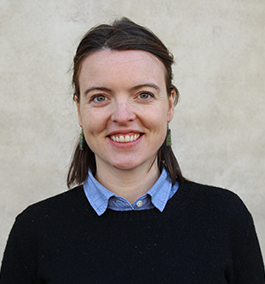
As a physical geographer, I focus on understanding the impact of climate change on the landscapes and the people living in the Arctic. Permafrost, or frozen ground, is a key component for the Arctic ecosystems. Permafrost thaws in response to climate change and dramatically alters the livelihood of the residents of the Arctic region. In my most recent work within the project Nunataryuk, I investigate how permafrost thaw affects the quality of ecosystem services in the Arctic. This knowledge will help communities affected by permafrost thaw to find pan-Arctic solutions to better cope with the change. The FINA prize is a unique opportunity for me to attend the IUCN congress and to share the latest results of my research as well as to meet and link with other people involved on related topics.
Julie Strand – Danmark
Research centre: Aalborg University, Department of Chemistry and Bioscience
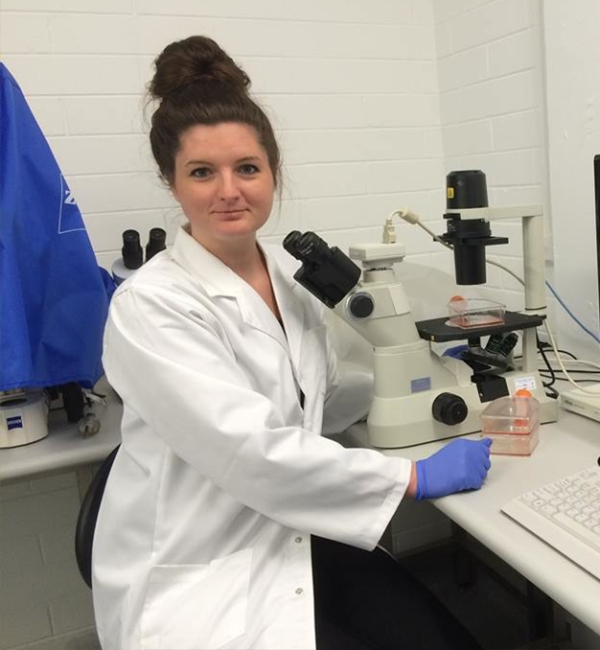
Biodiversity and genetic diversity are the major drivers of my research, and due to the accelerating biodiversity crisis, it has never been more imperative in terms of species conservation. Biobanking is a technique to safeguard and preserve genetics through collection of biological material from threatened and endangered species. My research focus is on developing and improving technologies within biobanking, especially focusing on establishing and characterizing viable cell lines from amphibians and reptiles. Viable cell lines are one of the most versatile genetic resources and can play an important role in both in situ and ex situ conservation. Cell lines banked in liquid nitrogen can be maintained indefinitely and provide a continual source of genetic material to complement future research and conservation strategies. The FINA prize provides a rare opportunity to share my research and results at the IUCN congress, with the potential to reach out globally to discuss future strategies within this area.

